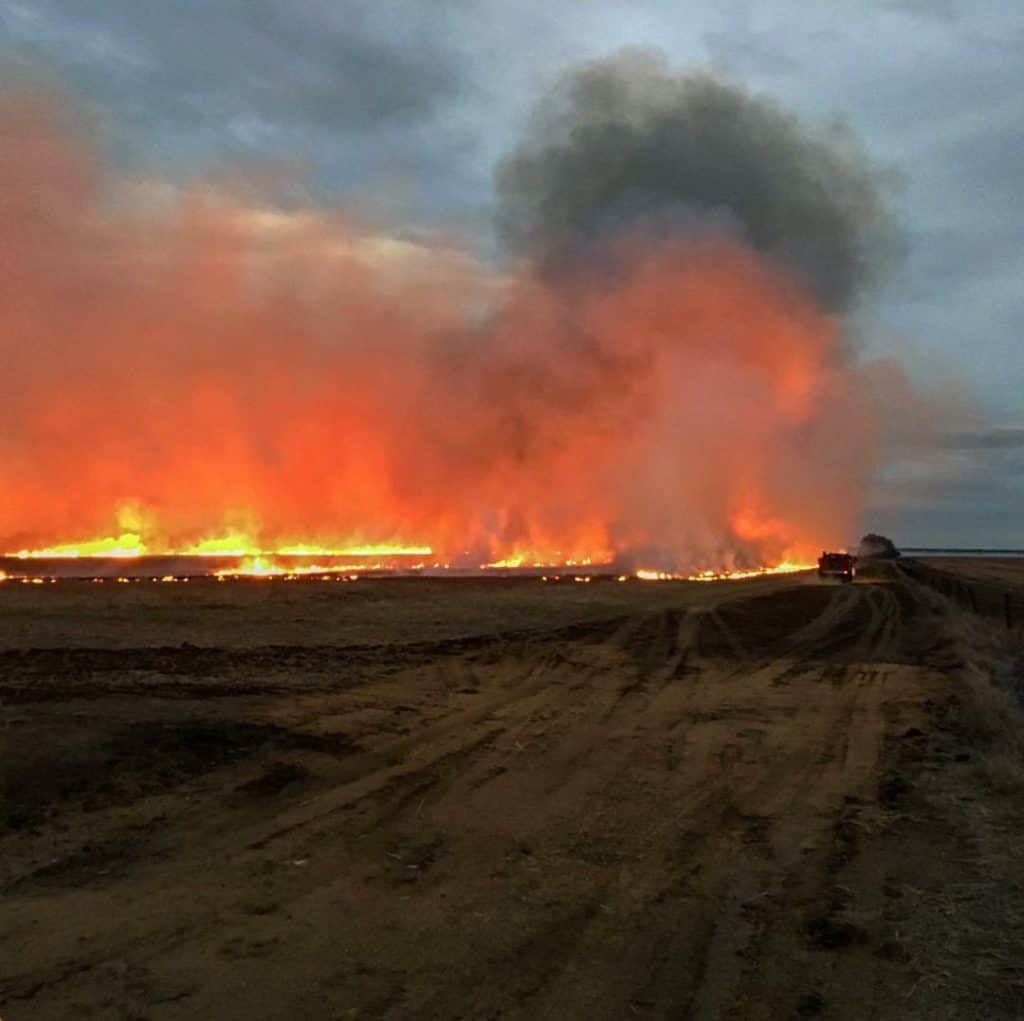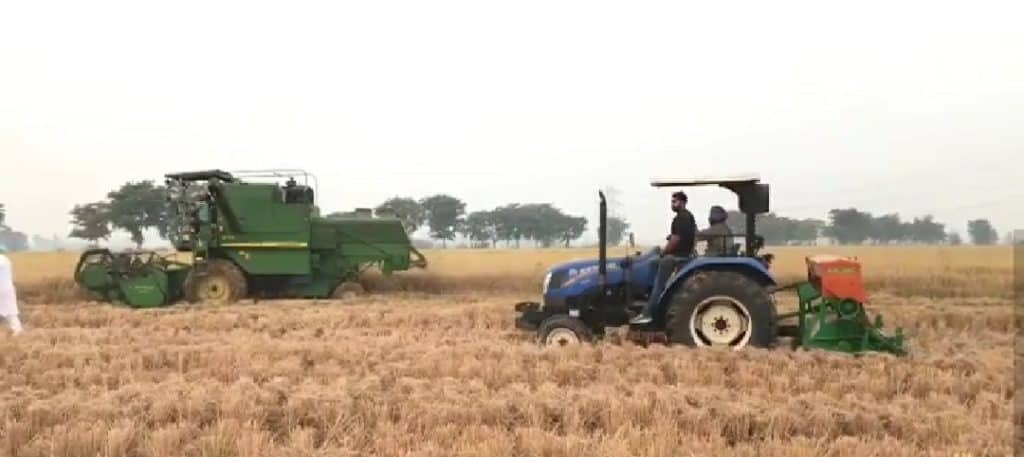Stubble burning incidents increased in India in 2019. Sukhbir Agro Energy Limited (SAEL) is coming up with projects to tackle stubble burning in Punjab and Haryana. Paddy and wheat stubble management has become an important issue as its burning causes severe pollution and soil degradation.
Reason for Continued Paddy Stubble Burning
Punjab and Haryana together produce around 35 million tonnes of paddy straw every year. Farmers burn 80% of this due to a lack of affordable solutions. Due to the high cost of labour, farmers are unable to remove stubble for the next sowing. Apart from this, its storage, collection, and transportation is a costly affair, further adding to the problem. Thus, farmers prefer to burn it on the field due to a lack of resources.

Alternative Uses of Paddy Stubble
Though the government has suggested many schemes to tackle the problem, there is no significant investment made at commercial scale. Paddy straw is an alternative to coal and crude oil for producing energy, transportation, and import of which involves huge costs. This green energy alternative can facilitate 24-hour electricity as against solar power that provides electricity only a few hours a day.

Environmental Effects
Stubble burning not only causes air pollution but also makes soil less in nutrients. However, biomass combustion, the process which converts paddy to energy, releases carbon dioxide that plants recently absorbed. This does not affect the carbon balance in the atmosphere. A 15 MW power plant uses paddy straw of two lakh acres. Air quality index of Delhi deteriorated as the stubble burning incidents increased in Punjab and Haryana.
Role of Sukhbir Agro Energy Limited
SAEL is the world’s first company to establish 100% paddy straw-based biomass plants. Currently, it has two plants in Ferozepur and Faridkot in Punjab. Besides, it is planning to establish the other two in Kaithal and Kurukshetra in Haryana. SAEL entered into contracts for importing biomass plant boilers from Denmark. However, importing such technology is costly. The cost may comes down with domestic producers producing the same technology with more and more entrepreneurs taking up similar projects.
Future of Industry
It is difficult to provide a price or set MSP for paddy straw as the market determination depends on the user industry. There is a need to establish more and more plants that consume paddy straw and convert it into ethanol or bio CNG. The success of these projects calls for making them commercially and economically viable, so that project proponent provides a competitive price to farmers for paddy straw.
In all, it is the combined efforts of government, project developers and farmers that will make this idea a victory. Paddy stubble burning incidents will decrease in India if we find similar solutions.